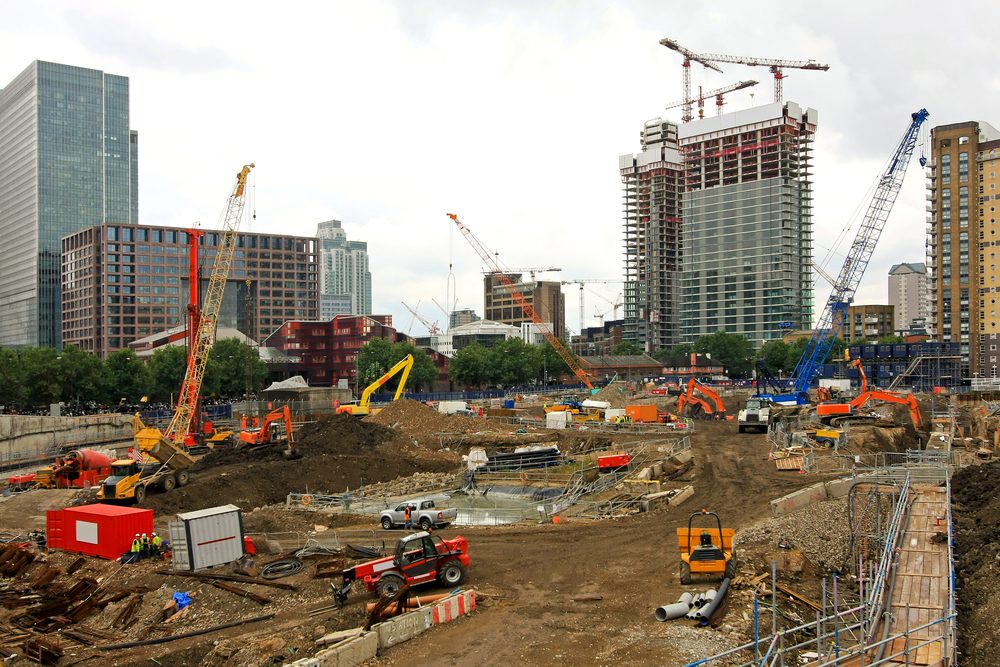The CPCS (Construction Plant Competence Scheme) course duration varies depending on the type of machinery or plant operation an individual wishes to get certified in. On average, courses can range from 1 to 10 days, with the specific length determined by the complexity of the machinery, prior experience of the learner, and the course’s specific content.
Delving Deeper: What Determines the Duration of a CPCS Course?
1. Type of Machinery or Equipment
Different machinery and equipment require varying levels of expertise. A basic dumper truck training might be shorter than a tower crane course due to the complexity involved.
2. Prior Experience of the Learner
Individuals with prior experience in operating construction plant machinery might opt for shorter refresher courses, while beginners may need a longer, more intensive course to grasp the basics.
3. Course Specifics
The depth and breadth of the course content can also impact the duration. Some courses may cover only the essentials, while others may delve into advanced techniques and safety procedures.

Breakdown of CPCS Course Durations
For a clearer picture, let’s look at some common machinery and equipment types and the general duration of their respective CPCS courses.
| Equipment/Machinery Type | Average Course Duration |
|---|---|
| Telescopic Handler | 5-10 days |
| Excavator 360 | 5-10 days |
| Dumper Truck | 1-3 days |
| Tower Crane | 7-10 days |
The Importance of CPCS Certification
Gaining a CPCS certification is more than just a formality. It is a testament to the operator’s competence and knowledge in handling construction machinery safely and efficiently. As such, employers and project managers often require operators to possess CPCS certification as a benchmark of their skills.
“The essence of the CPCS is not just about the duration of the course, but the proficiency and safety it imparts to the learner.”
The Impacts on Job Opportunities
- Enhanced job prospects in the UK construction sector.
- Increased trust from employers and clients.
- Potential for higher remuneration due to recognized certification.
How much does a CPCS course cost?
As of my last update in January 2022, the cost of a CPCS course in the UK varies significantly based on several factors:
- Type of Machinery or Equipment: Different categories of machinery or plant operations have varying course fees. For instance, a tower crane course may be more expensive than a forward tipping dumper course due to the complexity and risk involved.
- Course Duration: Longer courses generally cost more. If a course is comprehensive and takes several days or even weeks, you can expect it to be pricier than shorter ones.
- Training Provider: Prices can vary between different training providers based on their reputation, quality of training, location, and other factors.
- Geographical Location: Courses in certain parts of the UK, especially in urban centers or areas with higher living costs, might be more expensive than those in rural areas.
- Additional Costs: There could be added expenses like the CPCS theory test, the practical test, card application fees, or any supplementary materials or resources.
To give a general idea, as of 2022:
- A basic course for equipment like dumpers or rollers might range from £500 to £1,000.
- More complex equipment training, such as for crawler cranes or tower cranes, could range from £1,000 to £3,000 or even more.
- The CPCS theory test might cost around £25, and the practical test could be in the range of £350 to £700.
- Renewal tests or refresher courses might be at the lower end of the price spectrum, often costing a few hundred pounds.
However, it’s essential to note that these are rough estimates and prices can fluctuate. It’s always advisable to reach out to multiple training providers to get quotes and compare the offerings. Furthermore, some employers might cover the costs of these courses for their employees, so it’s worth checking with one’s employer or potential employer as well.

Conclusion
In essence, the duration of a CPCS course in the UK is not a fixed metric. It varies based on several factors, including the machinery type, the learner’s prior experience, and the specific content covered in the course. Regardless of its length, obtaining a CPCS certification can significantly enhance one’s career prospects and ensure safer operations on construction sites.


